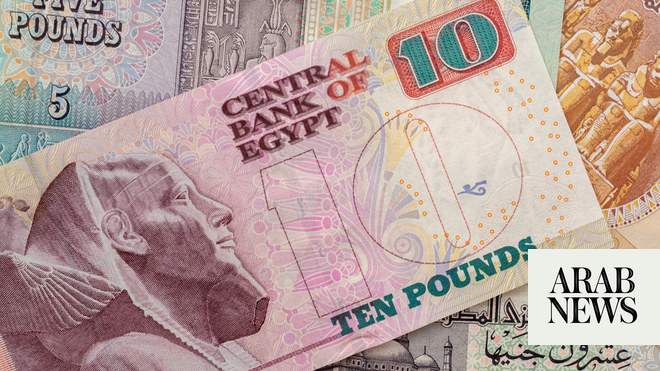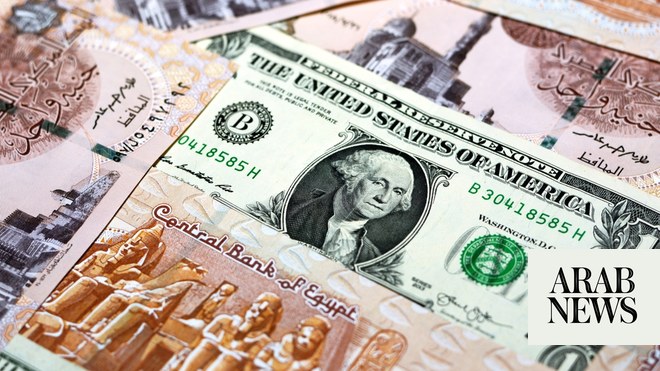
It is one of the largest Jewish temples in the Middle East
It was built in the 1850s
ALEXANDRIA: Egypt is set to reopen a historic Jewish synagogue in Alexandria after a three-year process of restoration. The Ministry of Antiquities announced that the Eliyahu Hanavi synagogue will be reopened in January.
It is one of the largest Jewish temples in the Middle East and has undergone a series of restorations since 2017.
Egypt’s Minister of Antiquities Khaled Al-Anani visited Alexandria to see the latest developments at the synagogue and other archaeological sites, including the Greco-Roman Museum, the Alexandria National Museum and some jewelry museums.
The ministry said: “The renovation work included the structural reinforcement of the building, architectural and precise restoration of the main facades and the decorative walls, as well as wooden and copper elements in the temple. In addition to the development of modern lighting systems, insurance and warning, in preparation for its opening in January.”
The statement added that the restoration of the synagogue and the Greco-Roman Museum comes within the interest of the Egyptian government in preserving its heritage, whether it be pharaonic, Jewish, Coptic or Islamic.
After the decrease of the Jewish population in Egypt, Eliyahu Hanavi is one of the two remaining synagogues in Alexandria. It was built in the 1850s but closed at the end of 2012 due to security reasons.
The temple was included in the 2018 Archeology List of the World Monuments Fund for Endangered Monuments.
According to its website, it is a “symbol of Egypt’s historical pluralism, when diverse national and religious communities lived together in a spirit of coexistence and religious freedom.”
This restoration is a part of a cooperation protocol signed between the ministry and the Armed Forces Engineering Authority in April 2017, with a goal to develop and repair eight archeological sites, including Al-Baroun Palace in the Heliopolis district and the Mohammed Ali Shubra Palace.
The agreement also commits them to the development of the pyramids of Giza and the restoration of Alexan Palace in Assiut.
The protocol is an attempt to stimulate tourism and encourage Egyptian visitors — especially children — to visit regional museums to discover the greatness of their country’s civilization and raise their archeological and cultural awareness.












